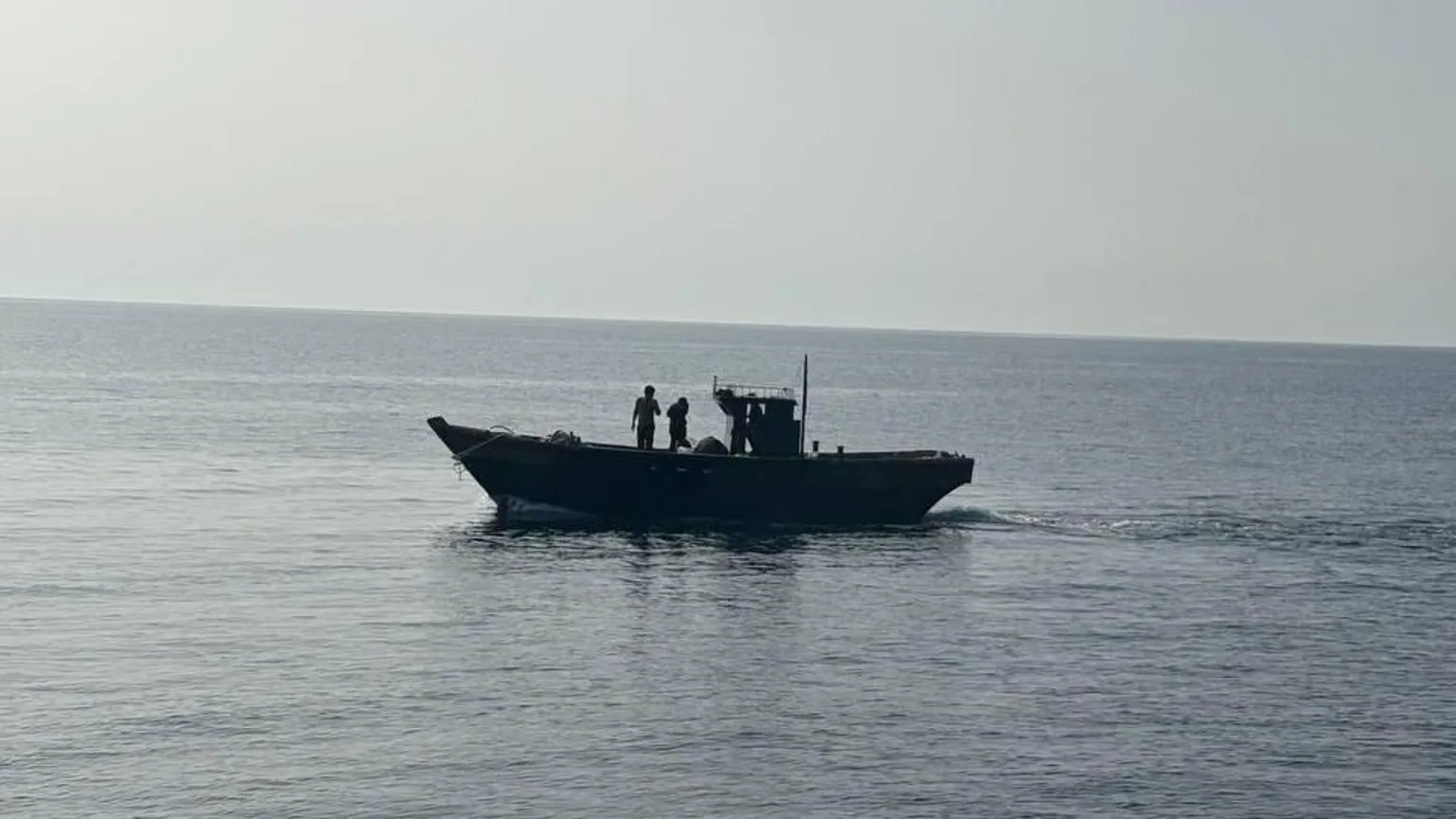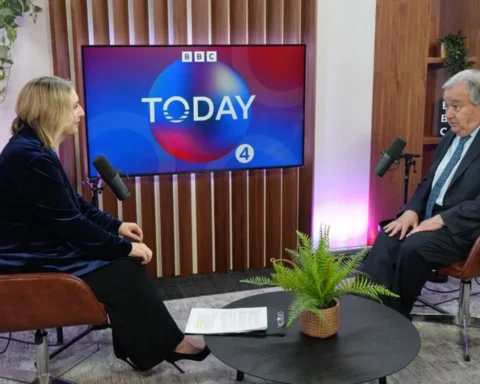South Korea has repatriated six North Koreans who had inadvertently crossed into its waters earlier this year and repeatedly expressed a strong desire to return home, according to Seoul’s Ministry of Unification.
Two of the individuals entered South Korean waters in March and remained there for four months — the longest known stay for non-defectors. The other four, identified as sailors, crossed a disputed maritime boundary in May.
This marks the first such repatriation under President Lee Jae-myung, who took office in June on a platform of improving inter-Korean relations. Efforts to coordinate their return had reportedly stalled for months, as official communication lines between the two Koreas remain severed.
Accidental crossings by North Koreans are not uncommon, often involving small wooden boats that drift off course. In the past, both governments would work together to return those who wished to go back via the land border. However, Pyongyang cut off all inter-Korean communications in April 2023 amid escalating tensions.
The situation worsened when North Korean leader Kim Jong Un declared in early 2024 that unification with the South was no longer a goal. Since then, communication has been limited to the U.S.-led United Nations Command and indirect signals through media.
South Korean authorities said they twice attempted to notify Pyongyang via the UN Command but received no response. However, the presence of North Korean vessels at the handover point on Wednesday suggests unofficial coordination may have occurred.
“If you just set a boat adrift in open waters without any agreement, there’s a real risk it won’t reach its destination,” said Nam Sung-wook, former director of the Korea National Strategy Institute.
Experts believe the returnees will undergo intense questioning in the North.
“They’ll be interrogated on whether they were exposed to South Korean propaganda or espionage efforts. It will be a thorough process aimed at extracting any sensitive information,” Nam said.
Lim Eul-chul, a professor of North Korean studies at Kyungnam University, added that Pyongyang may use the returnees for propaganda purposes to bolster regime legitimacy: “Their wish to return can be spun as evidence of loyalty to Kim Jong Un’s leadership.”
Mixed Reactions from Defectors and Analysts
The decision to send the six back has sparked debate. North Korean defector and activist Lee Min-bok said they should have been given more time and information before repatriation.
“If I’d spoken to them, I would’ve told them the truth about South Korea and warned them of potential punishment back home,” Lee said. He previously sent anti-regime leaflets across the border using balloons—an activity now under threat as the National Assembly debates a ban.
President Lee Jae-myung’s administration has signaled a softer approach toward Pyongyang. A week after his inauguration, Seoul suspended loudspeaker propaganda broadcasts across the border, calling it a gesture to “restore trust and promote peace.”
Skepticism Over Future Engagement
Despite these overtures, experts remain doubtful of any imminent thaw in relations. Celeste Arrington, director of the Institute for Korean Studies at George Washington University, said North Korea’s growing alignment with Russia has reduced its incentive to engage with Seoul.
“There’s little indication that meaningful dialogue will resume soon,” she said, noting that public sentiment in South Korea also reflects growing disinterest in reconciliation.







